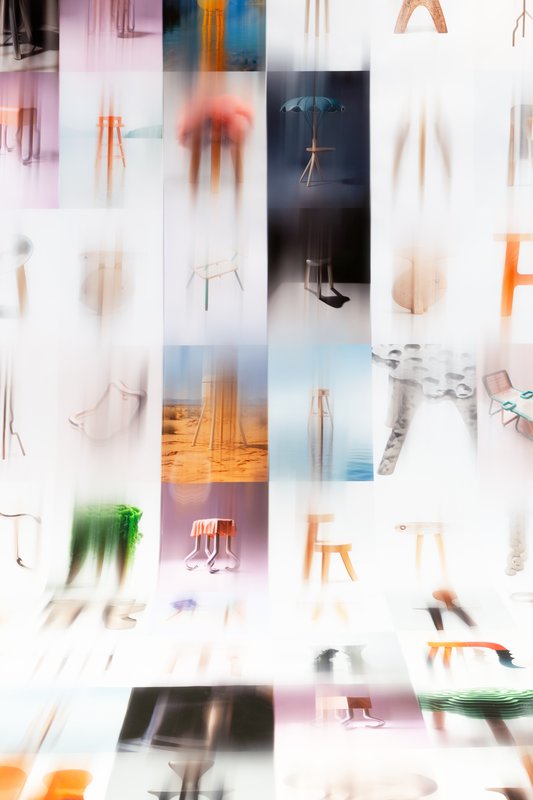
INDUSTRIAL DESIGN
Basile Avvanzino – Chrysalide
by Basile Avvanzino
Mountain amateurs and beginners can have a hard time in selecting, buying and getting familiar with the equipment needed to sleep outdoor. The 3 objects that are usually necessary are a mattress, a tent and a sleeping bag. Unfortunately these objects are not always designed to fit each other, requiring a lot of space and extra effort. Chrysalide is a new typology of sleeping bag, that combines everything you need in one single object. This new proposition allows the user to sleep comfortably in all weather conditions, while being lightweight and easy to pack. Chrysalide makes sleeping in the nature a simple, handy and pleasurable experience.








